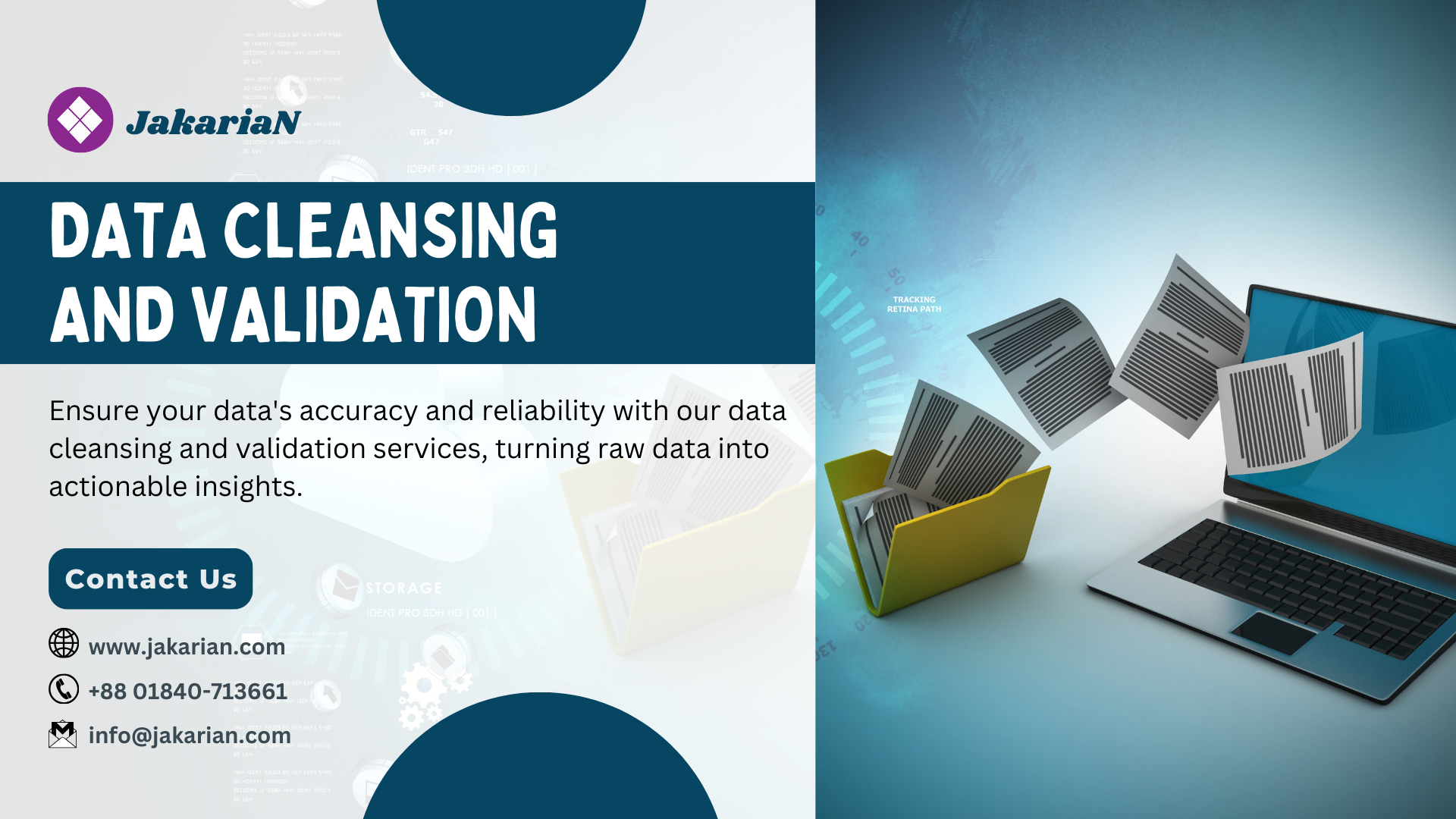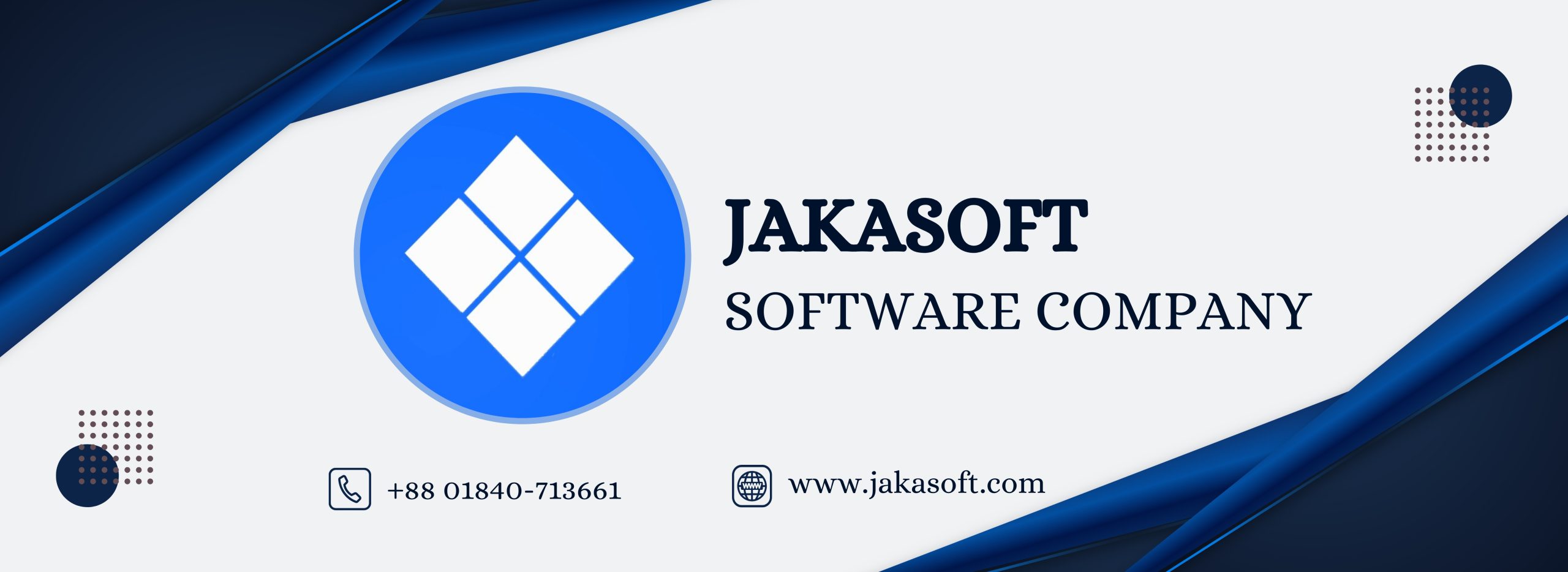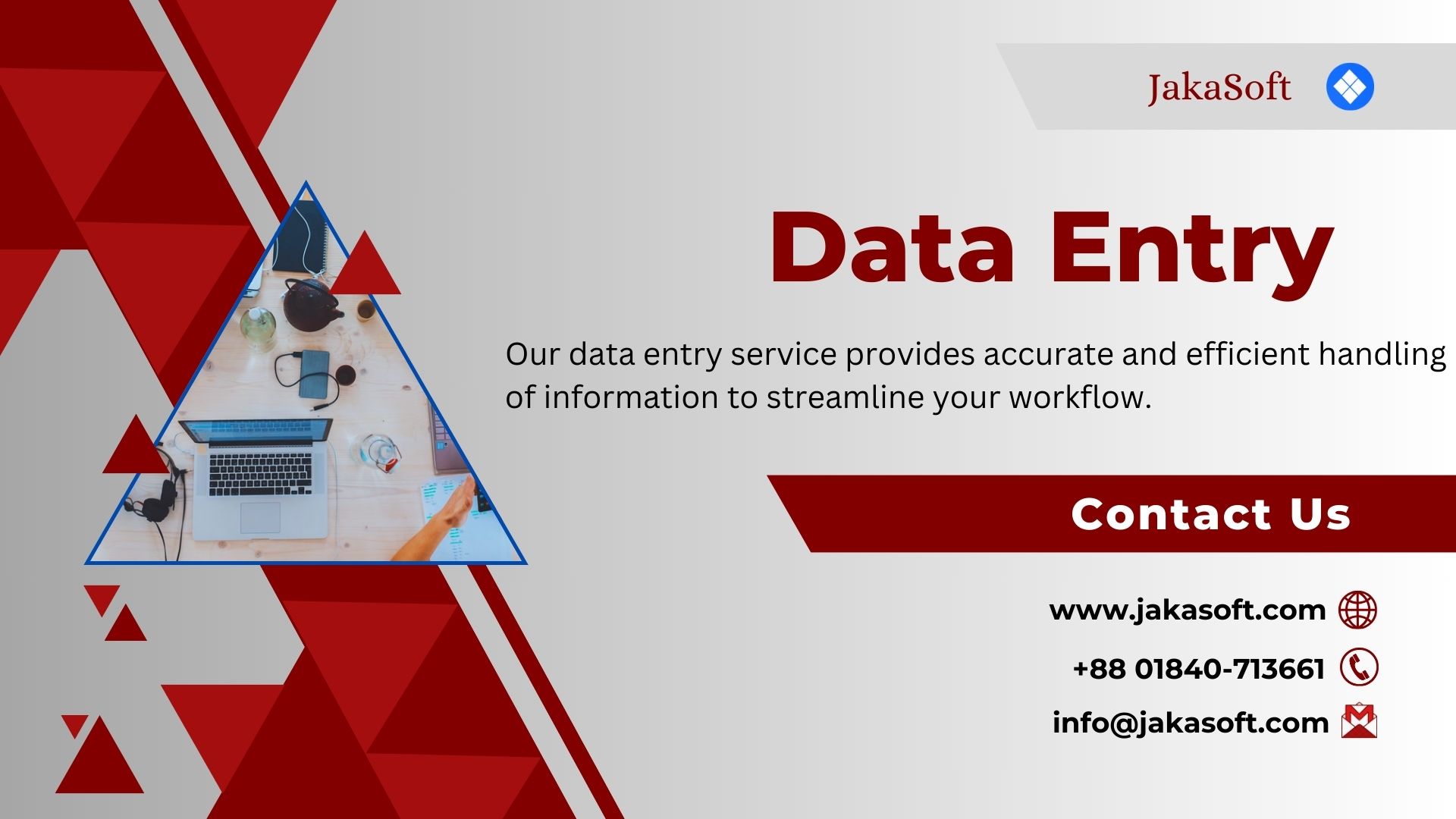Data Cleansing and Validation

Data Cleansing and Validation is the process of improving the quality, accuracy, and reliability of data by identifying and correcting errors, inconsistencies, and inaccuracies within a dataset. This service is essential for businesses, researchers, and organizations that rely on high-quality data to make informed decisions, conduct analysis, and maintain efficient operations. Key aspects of Data Cleansing and Validation include:
1. Data Quality Assessment:
- Initial Review: Conducting an initial assessment of the dataset to identify common data quality issues such as missing values, duplicate entries, and outliers.
- Data Profiling: Analyzing the data to understand its structure, content, and relationships, helping to identify patterns and anomalies that require attention.
2. Error Identification and Correction:
- Missing Data Handling: Detecting and addressing missing or incomplete data, either by imputing values, using statistical methods, or excluding incomplete records based on the context.
- Duplicate Removal: Identifying and removing duplicate records to ensure the uniqueness and accuracy of the dataset.
- Inconsistency Resolution: Correcting inconsistencies in data formats, such as date formats, currency symbols, or unit measurements, to maintain uniformity across the dataset.
3. Data Standardization:
- Format Consistency: Standardizing data formats, such as converting text to proper case, aligning date formats, or ensuring consistent use of abbreviations and acronyms.
- Normalization: Normalizing data to a standard scale or format, making it easier to compare and analyze across different datasets or systems.
4. Data Validation Techniques:
- Range and Constraint Checks: Ensuring data values fall within acceptable ranges or meet specific criteria (e.g., age between 18-65, prices above zero).
- Cross-Referencing: Validating data by cross-referencing it with external sources, databases, or reference tables to ensure its accuracy and relevance.
- Logic Checks: Implementing logical checks to validate relationships between data points, such as ensuring that start dates precede end dates or that quantities match corresponding totals.
5. Outlier Detection and Handling:
- Outlier Identification: Detecting outliers or anomalous data points that deviate significantly from the expected pattern, which could indicate errors or require further investigation.
- Outlier Management: Deciding on an appropriate approach to manage outliers, such as correction, removal, or analysis, depending on their impact on the dataset.
6. Data Enrichment:
- Enhancing Data: Adding or enriching data with additional information, such as geolocation data, demographic details, or industry classifications, to increase its value and usability.
- Data Augmentation: Integrating supplementary data from reliable external sources to fill gaps, enhance accuracy, or provide additional context.
7. Data Integrity Preservation:
- Audit Trails: Maintaining detailed audit trails of all data cleansing and validation activities, ensuring transparency and traceability.
- Backup and Recovery: Creating backups of original datasets before performing cleansing and validation to preserve the integrity of the data and allow for rollback if necessary.
8. Reporting and Documentation:
- Cleansing Reports: Generating reports that document the data cleansing and validation process, including the types of errors found, the actions taken, and the overall improvement in data quality.
- Validation Logs: Keeping logs of validation checks and their outcomes, providing a comprehensive record of data quality assurance activities.
9. Continuous Monitoring and Maintenance:
- Ongoing Quality Checks: Implementing continuous monitoring systems to regularly check data quality, ensuring that the data remains accurate and up-to-date over time.
- Automated Processes: Utilizing automated tools and scripts to perform routine data cleansing and validation, reducing manual effort and ensuring consistency.
Data Cleansing and Validation are critical for maintaining the accuracy and reliability of data, enabling organizations to trust their data-driven insights and decisions. By ensuring data is clean, consistent, and validated, this service helps eliminate errors, reduce risks, and enhance the overall effectiveness of data management and analysis efforts.
Compare Our Packages
| No | Package | Basic | Standard | Premium |
|---|---|---|---|---|
| 01 | Description | |||
| 02 | Title optimization | |||
| 03 | ||||
| 04 | ||||
| 05 | ||||
| 06 | ||||
| 05 | ||||
| 06 | ||||
| 07 | ||||
| 08 | ||||
| 09 | ||||
| 10 | ||||
| 11 | ||||
| 12 | ||||
| 13 | ||||
| 14 | ||||
| 15 | ||||
| 16 | ||||
| 17 | ||||
| 18 | ||||
| 19 | ||||
| 20 |
To contact us:
Website: www.jakasoft.com
WhatsApp:+88 01840-713661
Email: info@jakasoft.com





